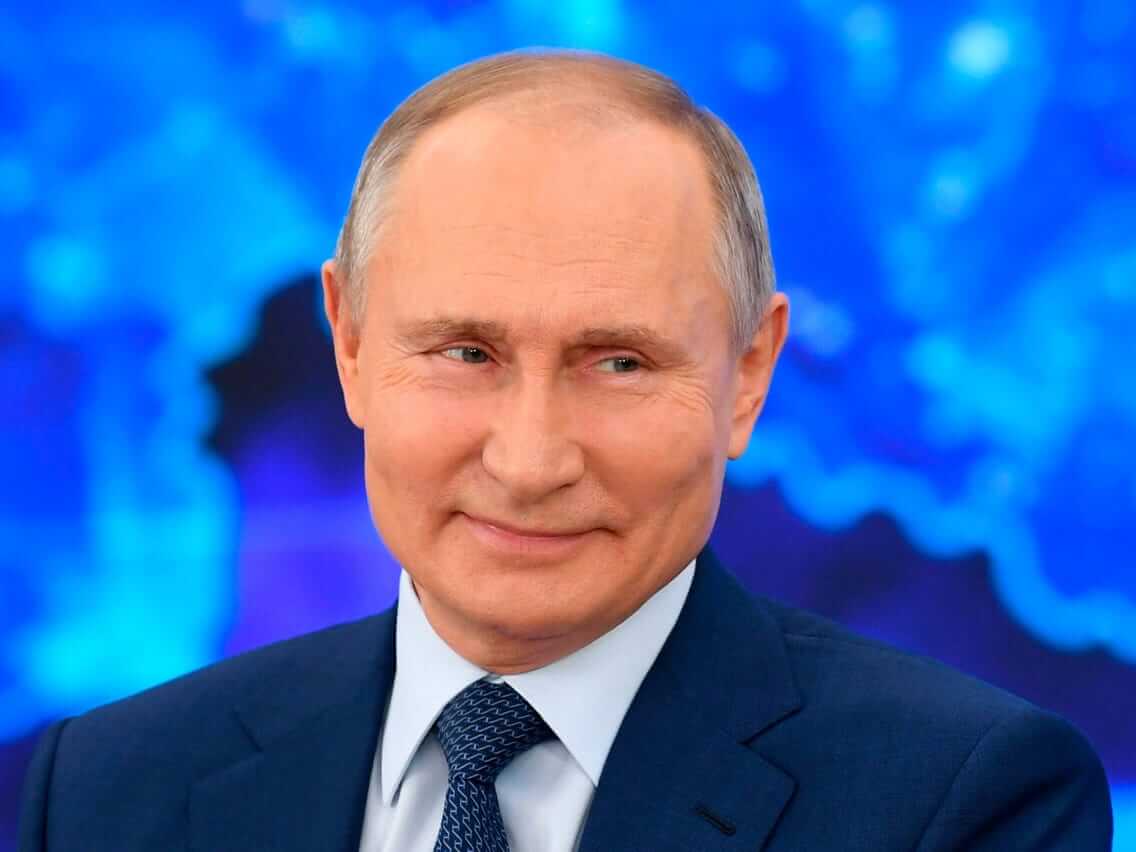As Russia deploys tens of thousands of troops to its border with Ukraine, the West, led in large part by the United States (US), is worried about an impending invasion of eastern Ukraine. However, posturing aside, it is unlikely that Russia will follow through with this apparent threat, given the severe economic, political, and military costs involved, both in the short and long term.
Since the beginning of the year, Russia has amassed troops near Ukraine and deployed tanks, artillery, and short-range ballistic missiles near the border regions of Ukraine and Belarus. This build-up has not gone unnoticed in Kyiv. In November, the head of Ukraine’s defence intelligence, Brig. Gen. Kyrylo Budanov, told the Military Times that Russia had gathered 92,000 troops around Ukraine’s borders and is preparing to attack early next year. These claims have since been corroborated by US intelligence officials, who have hinted at a Russian invasion in January with around 175,000 troops.
In response, North Atlantic Treaty Organization (NATO) Secretary-General Jens Stoltenberg has warned Russia against further provocation and urged it to be transparent about its military motives. This has only further inflamed tensions, though, as Moscow has repeatedly pushed back against NATO involvement and demanded guarantees against the Organization’s eastern expansion, ordered it not to offer membership to Ukraine, and even warned of deploying nuclear missiles. These developments have drawn parallels to Russia’s 2014 invasion and annexation of Crimea and support to pro-Russian insurgents in the Donbas region of Eastern Ukraine.
Against the backdrop of this rapidly escalating backdrop, British Prime Minister Boris Johnson has urged the West to reduce its dependence on Russia for oil and gas if it wishes to defend the territorial integrity and sovereignty of Ukraine. Similarly, US President Joe Biden has warned of sanctions, while Germany has said that the Nord Stream 2 pipeline could be suspended.
Some experts believe that unlike previous sanctions, which have largely been met with countermeasures and counternarratives from Moscow, these latest warnings of coercive measures could yield concessions from the Putin leadership. Regardless of what happens, however, it is clear that Putin has backed himself into a corner. He is left with two equally difficult decisions: to invade Ukraine and draw catastrophically punitive measures against an already vulnerable economy, or suffer humiliation by pulling his forces back from the border region and compromise his image as a strongman and a hardline opponent of the West.
That being said, Rajan Menon, a co-author of the 2015 book ‘Conflict in Ukraine: The Unwinding of the Post–Cold War Order,’ has argued that the threat of a Russian invasion is being overstated, as Russia had deployed 87,000 troops in the region well before the current crisis, and some of the forces are stationed more than 700 kilometres from the border. Menon, however, posits that the military costs of invasion this time around could be much higher than in 2014, despite Russia’s estimated 3:1 numerical advantage. In Russia’s 2014 invasion, only a few hundred Russian troops were killed compared to more than 4,000 Ukrainian defence forces. In contrast, Menon argues that the Ukrainian army, he says, is, “for all its faults, [...] better trained and equipped and has better morale than it did in 2014.”
Furthermore, the threat of Germany making true on its threat to shut down the $11 billion Nord Stream 2 pipeline is also no doubt at the forefront of Russia’s considerations. If it becomes fully operational, Nord Stream 2, an underground gas pipeline that is controlled by state-owned gas conglomerate Gazprom and connects Russia to Germany, could transport 55 billion cubic metres of natural gas to Germany every year, equivalent to 15% of the European Union’s (EU) gas imports every year.
Alongside Germany, a host of other European leaders have also threatened Russia with further economic sanctions. Following a summit last week, EU leaders released a statement warning that “any further military aggression against Ukraine will have massive consequences and severe cost in response, including restrictive measures coordinated with partners.” The new measures could include sanctioning Russian oligarchs, banning transactions between the EU and Russian banks, and cutting them from the SWIFT network.
Therefore, the political, military, and economic costs at stake have seemingly left Putin in an intractable position. That being said, perhaps this was Putin’s ploy all along. His calculated and aggressive leadership has previously forced the West to the negotiating table and resulted in the extension of the New START Treaty, a meeting with Biden in Geneva and another one just this month, the waiving of sanctions on the Nord Stream 2 pipeline, and the resumption of dialogue on cybersecurity and strategic stability that was suspended after the 2014 invasion. Therefore, while some have interpreted Putin’s current choice of invading Ukraine or backing down as a lose-lose situation for Moscow, it could equally be argued that this is a gross overestimation of Russia’s desperation and its choices, seeing as this form of brinkmanship is exactly what Putin specialises in. In fact, the first signs of this plan possibly coming to fruition were possibly seen this weekend, when German Defence Minister Christine Lambrecht said that NATO allies are willing to discuss Russia’s demands concerning the Organization and its potential eastward expansion. Over the next few weeks, we could see the West offer the kind of concessions Russia has been after all along.
Putin Has Backed Himself Into a Corner With Ukraine. Or Has He?
Vladimir Putin is seemingly left with two choices: invade Ukraine and sustain untold military and economic losses, or back down and significantly erode his image as a strongman and rival to the West.
December 20, 2021

Russia's President Vladimir Putin IMAGE SOURCE: BUSINESS INSIDER
